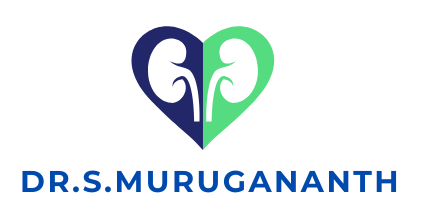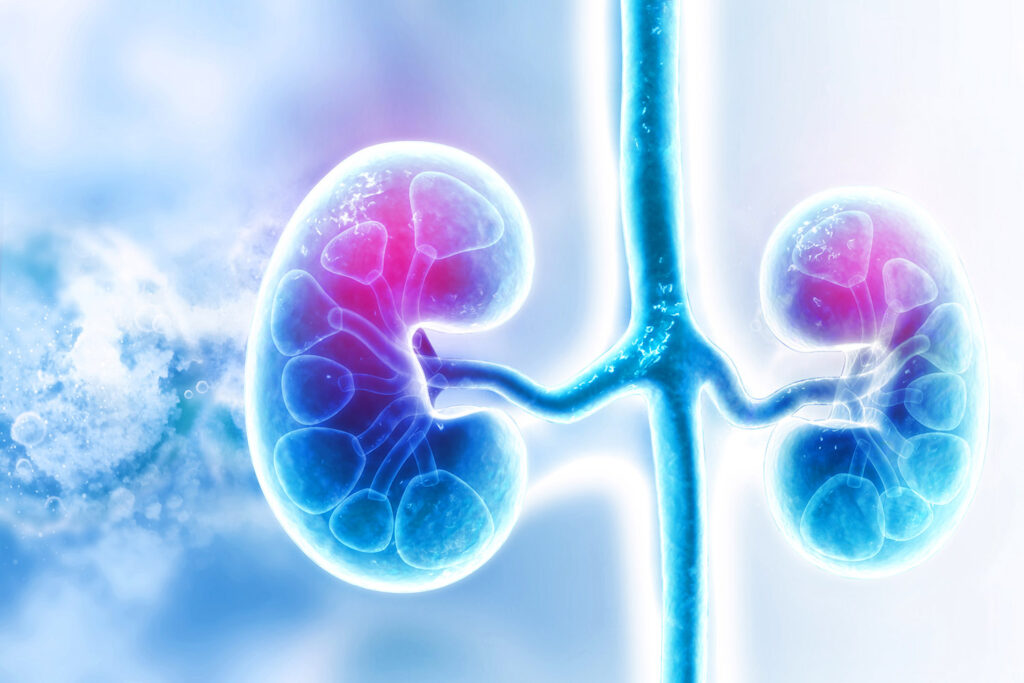Your kidneys quietly support your health every single day. They filter waste, maintain fluid balance, and help control blood pressure. But when they start to weaken, the symptoms are often mild or mistaken for something else. Recognizing the early signs of kidney problems can make all the difference between early recovery and long-term complications.
Here’s what you should know to protect your kidneys before damage becomes serious.
1. Swelling in Legs, Ankles, or Face
When kidneys don’t filter out extra fluid properly, it can collect in the body. This causes visible swelling (edema), usually around the ankles, feet, or face. If you notice puffiness, especially in the mornings, it’s important to get checked.
2. Changes in Urine
Your urine can reveal a lot about kidney health. Watch for:
- Foamy or bubbly urine (a sign of protein leakage)
- Dark, cloudy, or bloody urine
- Reduced or increased urine output
- Frequent night-time urination
These could be early indicators of kidney stress or infection.
3. Fatigue and Weakness
Healthy kidneys produce a hormone called erythropoietin, which helps make red blood cells. When kidney function declines, fewer red blood cells are produced — leading to anemia, tiredness, and general weakness.
If you feel unusually tired despite enough sleep, don’t ignore it.
4. Loss of Appetite and Nausea
Waste buildup in the blood (uremia) can cause nausea, a metallic taste in the mouth, and loss of appetite. These are often warning signs of worsening kidney function.
5. High Blood Pressure
Your kidneys and blood pressure are closely connected. Damaged kidneys struggle to regulate blood pressure, and high blood pressure, in turn, damages the kidneys further — creating a dangerous cycle. Regular BP checks are crucial for kidney health.
6. Shortness of Breath or Chest Discomfort
When kidneys can’t remove excess fluid, it may accumulate in the lungs, causing breathing difficulties. Sometimes, this is mistaken for heart or lung problems.
If shortness of breath occurs without exertion, it’s wise to seek medical advice immediately.
7. Difficulty Sleeping or Concentrating
Toxin buildup in the body can affect brain function and sleep quality. Many people with early kidney disease experience insomnia, poor focus, or restlessness at night.
Takeaway: Awareness Saves Kidneys
Kidney problems often begin quietly, but early detection can stop them from progressing. Regular health check-ups, a balanced diet, and good hydration go a long way in preventing kidney disease.
If you have risk factors like diabetes, hypertension, or a family history of kidney problems, make kidney screening a part of your annual routine.
Your kidneys rarely complain — until it’s too late. Stay alert, stay healthy.


